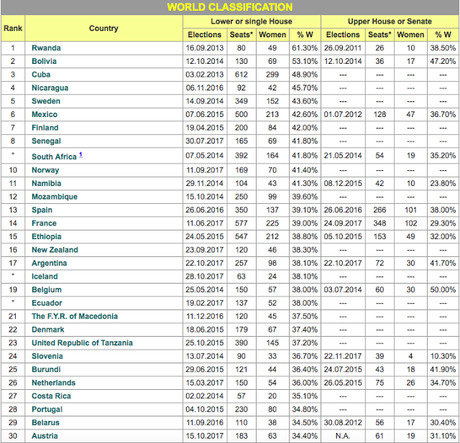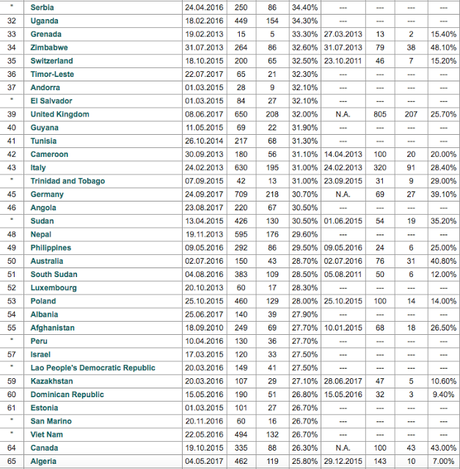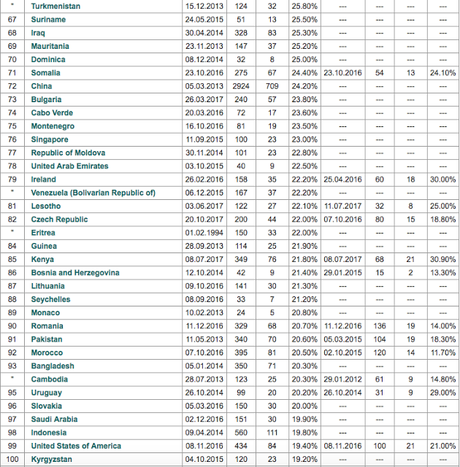


The United States prides itself on being a beacon of freedom, equality, and opportunity. And most Americans think equality exists in this country -- at least more so than in other countries. After all, we have written equality into our Constitution -- the document on which our laws are based. But is that a reality?
Let's just look at one group in this country -- women. Women have always had to fight for even the most basic rights in this country. It was not until 1920, less than 100 years ago, that women were granted the right to vote in all the states. And economically, it was even worse. Until 1974, a bank could refuse to issue a credit card to a single woman simply because she was female, and a married woman needed the permission of her husband. Today, women still do not have the right to equal pay for equal work.
There is a good reason for this. We have a society in which men have always held power -- and they don't seem to want to share that power with women. Too many men (sometimes using a religious excuse) want to keep women in the position of second class citizen. This will not change until women hold more seats in Congress.
But sadly, that is another area in which women, who comprise the majority of the population (50.6%), are denied an equal voice. Look at the chart above from the Inter-Parliamentary Union. It shows the 100 countries with the most women elected to a legislature (Congress, Parliament, etc.). If you scan the list for the United States, you'll have to go nearly all the way down the list -- because the U.S. is 99th out of that 100.
The U.S. is 99th because it has only 19.4% of the lower house (the House of Representatives) that are women. That means 98 other countries have a larger percentage of women in their lower (or only) legislative body. And it's not just other Western-style democracies. Saudi Arabia, who has one of the worst women's rights records in the world, has 19.9% women in their legislative body.
Do we do better in our upper legislative body (the Senate)? Not really. Our Senate only has 21% of its members that are women. We must do better than this in both the Senate and the House.
Hopefully, November will result in a significant improvement in women's representation in our Congress. There are 397 women running for a seat in the House (317 Democrats and 80 Republicans) -- that's 230 more women running than in 2016. And there are 50 women running for the U.S. Senate (31 Democrats and 19 Republicans) -- 34 more than ran in 2016. It would be good for the country if a lot of those women got elected.
We need for 2018 to truly be the "Year of the Woman".

